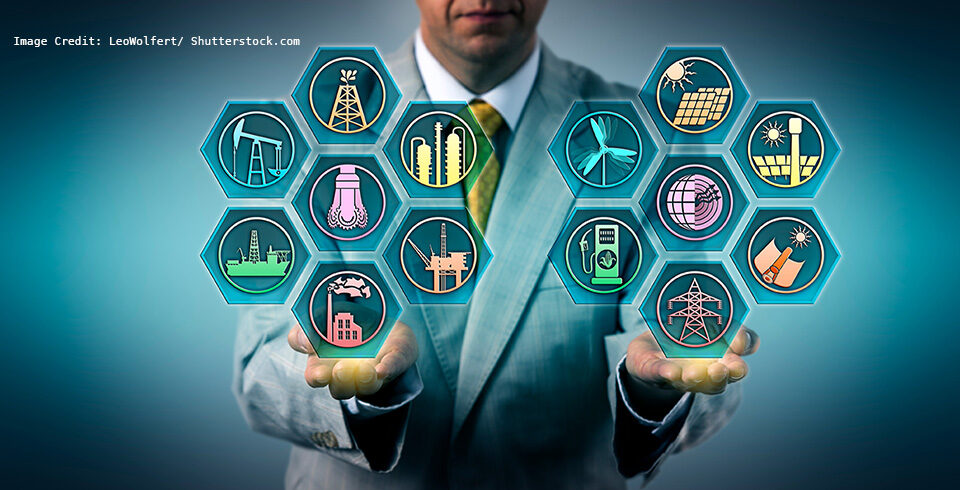What happens to a “Republic founded on labor” if labor itself is no longer at the center of our existence? The question seems specially formulated to satisfy the utopias of lazy people, but in fact it is a scenario in which we have real possibilities of finding ourselves, and certainly not because of the love for laziness. The “short week”, watched with interest by half of Europe, the review of the guaranteed minimum income scheme, the warnings about professional figures put at risk by artificial intelligence, and the disagreements over the minimum wage are all signs of an epoch-making evolution that will affect not only the labor market, but its meaning within our civic culture.
At the heart of the change is a now irreversible technological process, the cornerstone of an economy where the worker is less and less indispensable. The debate divides those who fear a future dangerously dominated by technology, to the detriment of a humanity deprived of its essential character, and those, on the other hand, who see in this process an evolutionary potential for our species, overcoming the idea that man’s destiny is to intervene only where technology cannot reach. If, in the near future, machines will be able to accomplish essentially everything, humans will finally be able to free themselves from labor to be devoted to what is beyond the prerogatives of technique.
This is a change that we must live without technophobia, as philosopher Maurizio Ferraris explains, reminding us that machines cannot replace man in consumption, nor in the ability to feel emotions. A machine does not have the will to make decisions; it does not feel fatigue, desire or boredom. It produces, but it does not benefit from its work. We can program it to write, typeset and print a book. But the choice to enjoy reading it or to use it to look good in the library is all ours.
Provided that technology also knows how to take care of the equitable distribution of the resources it brings to market, for the first time in history, humans may have the skills to free themselves from the burden of being producers first, and concentrate on their dreams. However, as the working weeks become shorter, questions about our social construct are bound to increase: how will we manage all this free time? Will we be able to accept, without identity crises and guilt, that consumption is not pure waste of resources or accumulation of goods, but a qualitative spending of one’s existence?
It is clear that in these terms the problem is, first of all, cultural. After 10,000 years of work-based civilization, to the point that, for centuries, the dignity of individuals was measured by their profession, the idea that man is no longer “producer” but “consumer” is totally unprecedented. To accept it, it is not enough to get out of the notion of productivity: it is necessary to develop an education in the freedom of consumption, the ethics that will make it possible to conceive a space of dignity and citizenship beyond productive employment.
If we release people only from labor, but not from the “culture of labor”, we risk producing frustrated consumers, whose deprivation of a qualification also takes away their identity; people who will continue to be eager to devote themselves to tasks for which there is no longer a need. It is an emergency of which the first signs are also being felt among those who, while enjoying relative prosperity, feel purposeless because they are out of the market.
Politics can play an important role in this future by questioning no longer just the productive capacity of individuals, but the quality of the time they will be able to devote to their desires and their community. If it succeeds in governing this change, perhaps one day our Constitution could recite an even more beautiful phrase than the current one: “Italy is a Republic founded on living.”
-
 Gabriele Segre
Gabriele Segre
Director, Vittorio Dan Segre Foundation




